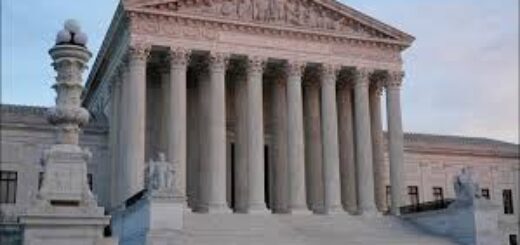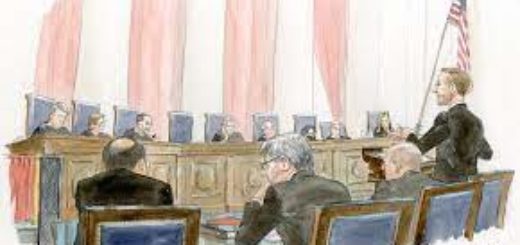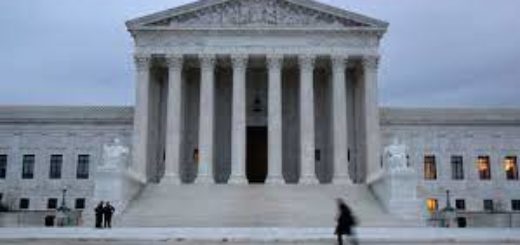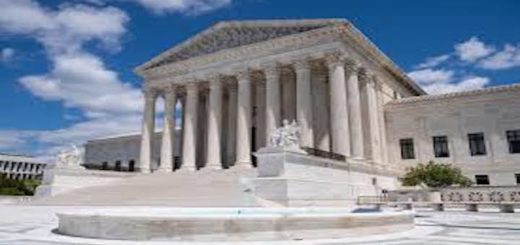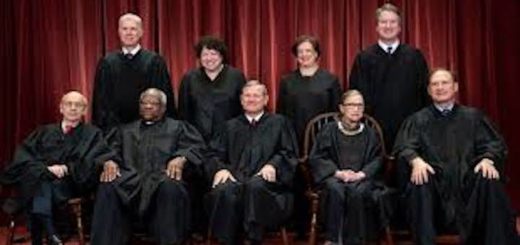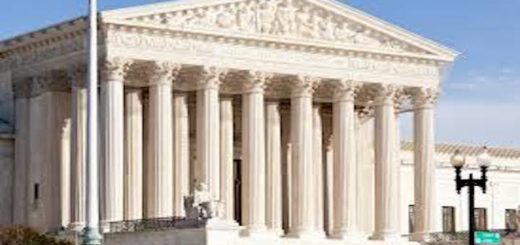Supreme Court’s Unanimous Decision Provides Important Protections for Sarbanes-Oxley Whistleblowers
In a unanimous ruling, the Supreme Court reaffirmed the whistleblower protections of the Sarbanes-Oxley Act in the case, Murray v. UBS Securities, LLC et al. (February 8, 2024). The Supreme Court’s decision reaffirms an ongoing trend — to protect and encourage whistleblower reporting as a means to enforce proper corporate governance. The European Union’s Whistleblower Directive and new United States whistleblower incentive programs continue to...




